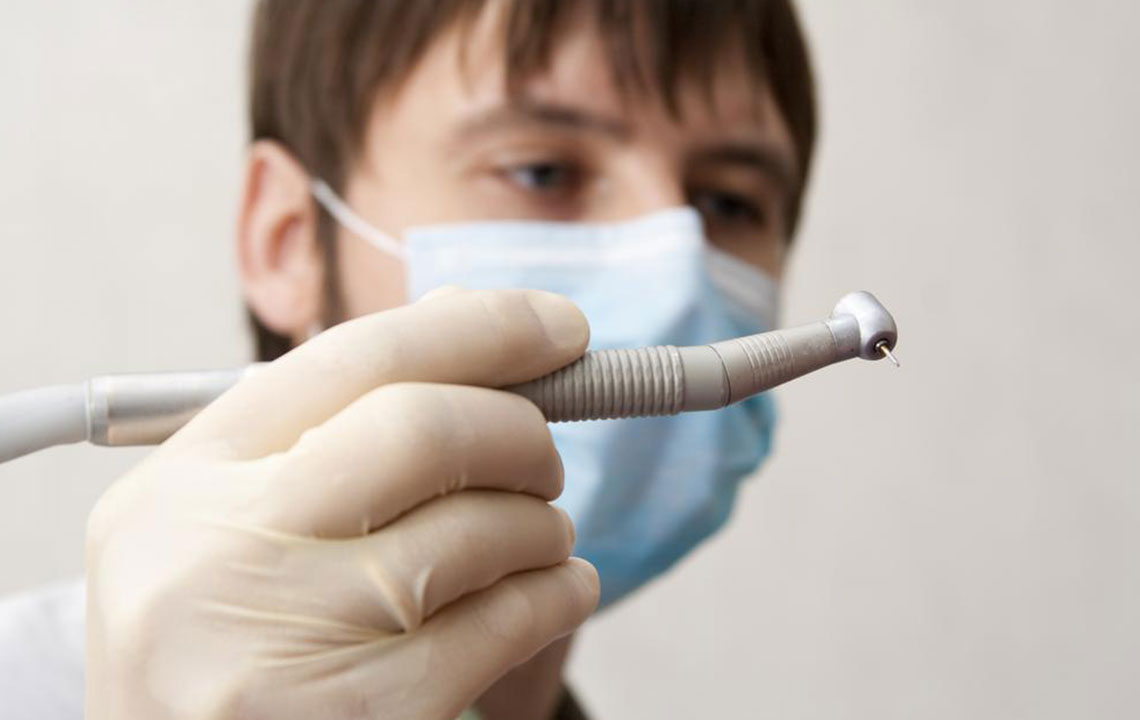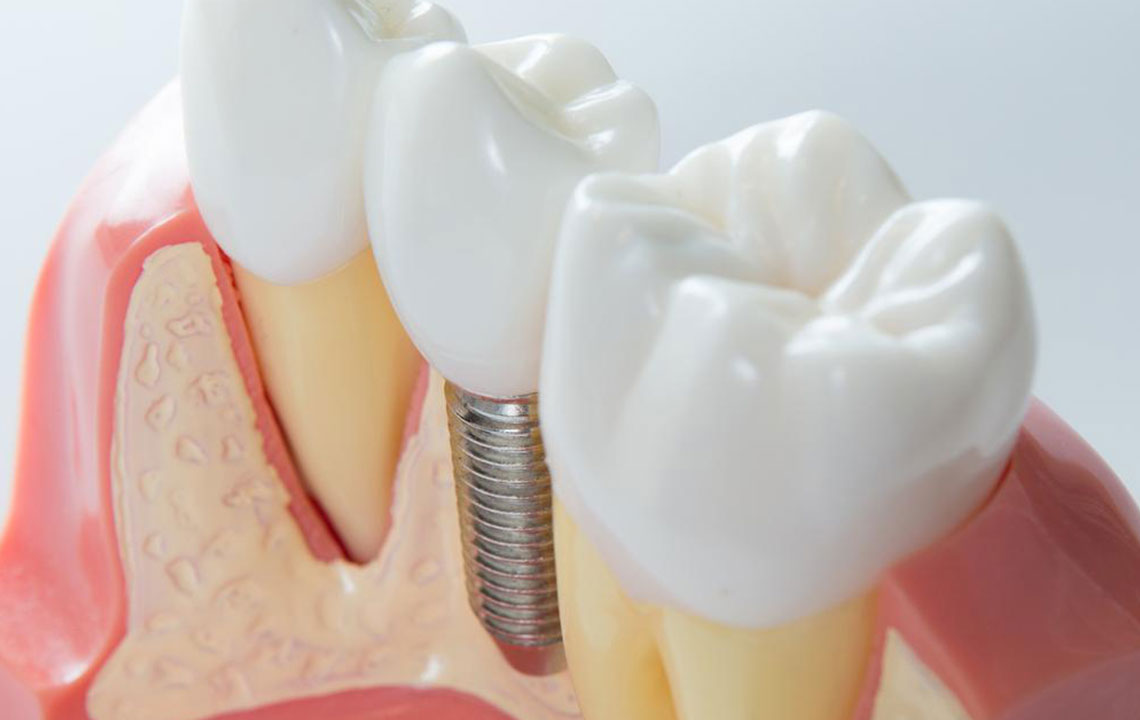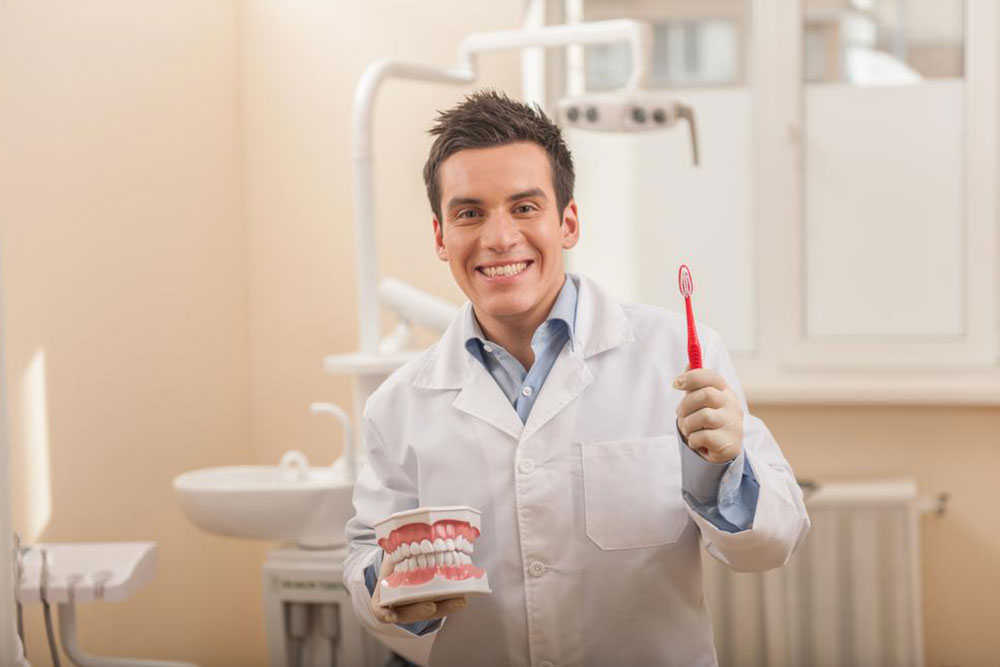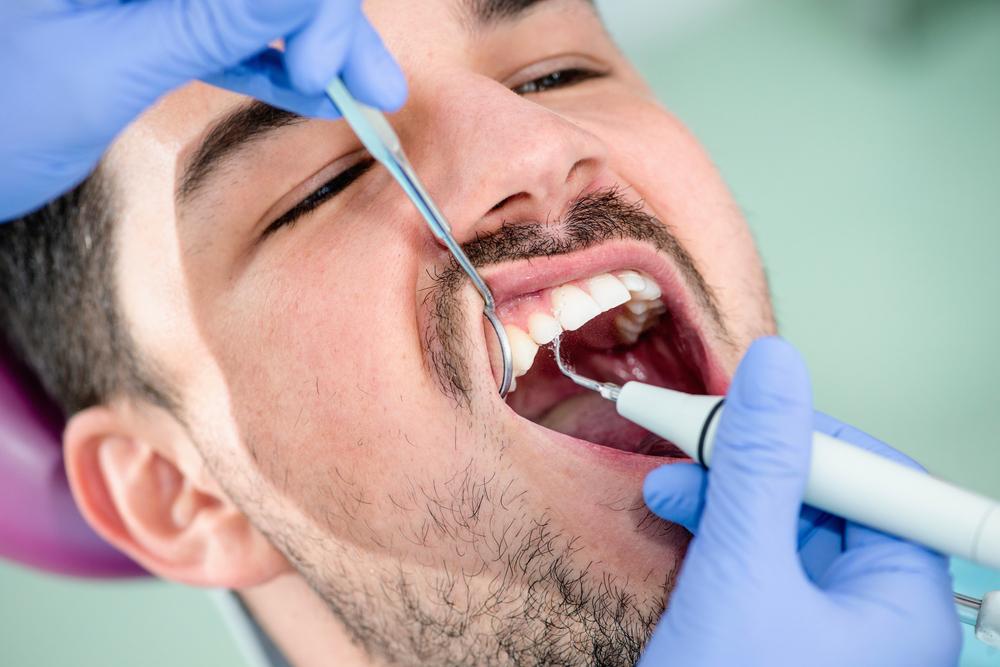Comprehensive Guide to Caring for Your Dental Implants: Tips for Long-Term Oral Health
This comprehensive guide offers essential tips for maintaining dental implants, emphasizing consistent oral hygiene, appropriate products, and regular dental visits. Proper care ensures implant longevity, prevents complications, and promotes overall oral health, particularly for seniors. Learn the best practices to keep your dental restoration functioning optimally for many years.

Comprehensive Guide to Caring for Your Dental Implants: Tips for Long-Term Oral Health
As individuals age, it is common to encounter various dental challenges such as tooth decay, gum disease, and tooth loss. For many seniors, dental implants have become a popular and effective solution to restore oral function, enhance confidence, and improve overall quality of life. Proper maintenance of these implants is crucial to ensure their durability and to avoid future complications that could impact oral health. This comprehensive guide aims to provide essential tips and best practices for seniors and anyone with dental implants to maintain optimal oral hygiene and prolong the lifespan of their implants.
Prioritize Consistent Daily Oral Hygiene
Maintaining impeccable oral hygiene routines is fundamental for dental implant health. It is recommended to brush your teeth and around implants at least twice daily using a soft-bristled toothbrush. Gentle brushing helps remove plaque, prevent tartar build-up, and minimizes the risk of peri-implantitis, an infection around the implant site. Employing proper brushing techniques—circular motions and careful cleaning along the gum line—ensures thorough, yet gentle, cleaning.
In addition to brushing, flossing daily with specialized floss designed for implants or interdental brushes helps access hard-to-reach areas and flush out food debris that could harbor bacteria. An antimicrobial mouthwash, as recommended by your dental professional, can further reduce bacteria levels in the mouth, promoting healthier gums and supporting implant longevity.
Use Gentle, Implant-Friendly Dental Products
Regular commercial toothpastes often contain abrasives that can be harsh on dental implants and surrounding tissues. To prevent surface scratches or damage, it is advisable to use non-abrasive, implant-specific toothpaste recommended by your dentist. Additionally, avoid whitening toothpastes that contain peroxide or abrasive agents unless approved by your healthcare provider.
Consult your dental professional for personalized product recommendations to ensure compatibility with your implants and natural teeth. These tailored products can significantly contribute to maintaining the integrity of your implants and overall oral health.
Establish a Thorough and Consistent Cleaning Routine
Removing dentures or any prosthetic devices nightly is essential for preventing bacterial build-up and ensuring proper healing. When not in use, store removable dentures in a damp environment—such as a container with water or a cleaning solution designed for dental appliances—to maintain their shape and prevent warping or cracking.
Regular visits to your dentist for professional cleanings and check-ups are vital. These visits allow early detection of potential issues like gum inflammation, loose implants, or other anomalies that may compromise your implants or surrounding tissue.
Schedule Periodic Replacement of Dentures and Prosthetics
Denture materials naturally degrade over time due to wear and exposure to various oral substances. Depending on individual use and care, dentures typically need to be replaced every 5 to 7 years. Continuing to wear damaged or ill-fitting dentures can cause gum irritation, sores, or even infections.
It is imperative to stay vigilant about the condition of your dental appliances. Routine check-ups with your dentist will help determine the optimal timing for replacements. Properly fitted dentures and implants enhance comfort, promote better hygiene, and prevent potential oral health complications.
Ultimately, diligent care and regular professional support are key to maintaining the health and functionality of your dental implants for many years. Neglecting oral hygiene or delaying replacements can have serious consequences, including infections, implant failure, or loss of additional teeth.
In conclusion, whether you are a senior or anyone with dental implants, adopting a comprehensive oral care routine is essential. Staying proactive with daily cleaning, using appropriate products, and seeking regular dental care will help preserve your smile, boost confidence, and ensure your implants serve you well for a lifetime.





